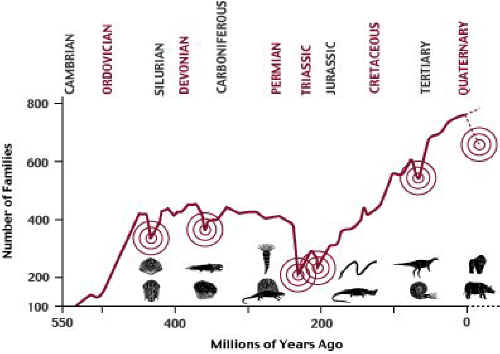Dear All,
My Sunday movie this week was "The 11th Hour", Leonardo DiCaprio's feature length environmental documentary. Although the film benefits from Leo's impassioned voice and sensible approach to the environmental issues, I have to say that have not enjoyed this one at all!
The film starts with a sequence of images that is a strange collection of burning forests, cyclones, babies and volcanoes, I think this may have been what put me off from the start, the images weren't new, they were clearly stock images from a range of natural disasters and news reports, and it is the same throughout the movie. It doesn't cover any new ground in terms of arguing a case for climate change, or any other environmental issue, instead it tries to cover too many at once, linking climate change, financial crises, declining fish stocks, desertification and the fate of humanity all in one, is a little too much. The film jumps between issues, with no clear link between some of them, and a collection of interviews with some very varied people, well known and respected National Geographic Explorers, such as Sylvia Earle (What an awesome job) and religious leaders.
What the film does cover well is this notion of this "Convergence of Crises", the idea that we have caused too much change, and that global climate change has such a delayed effect, that we will only soon be feeling the impact of the carbon released during the industrialisation, and that the potential ecosystem collapse will have a significant effect on our future as a species.
The one point the film makes which i think is worth repeating here, is that we often mistakenly label Global environmental change as a planetary, or environmental disaster, when in fact, the planet is 4.6 billion years old, we have been around for a few million, developed for the last 200 at most, we are a planetary blip and the geological record shows us that the planet has seen many changes more extreme and catastrophic than the current anthropogenic one, its just that when these changes happen, they are normally accompanied by mass extinctions, the planet survives, but the species don't. For instance, the end Permian, the Cretaceous Tertiary Asteroid Impact
The graph above is an example of the decline in number of species the planet has seen in the past, who is to say we wont be the next dip?
Which brings to me a small mention of my rant of the week last week, as I was discussing with some of my Upper Sixth, I redecorated my kitchen last week and when i was buying paint i noticed a crown "22% less embodied carbon". Similar price, a couple of pounds more, but not extortionate. If it is possible to make paint, for the same cost, with a range of colours, with less carbon, why on earth is it not a legal requirement for all paint sold to be 22% less embodied carbon, why isn't all paper recycled, all bags made from corn starch not plastic! I could go on, but it strikes me that until we see competitively priced Eco-friendly alternatives to everyday items, and the element of choice for like for like (Eco to non-Eco) is removed from some of the worst offending items, change is going to be hard to integrate into the average shoppers mind.
Rant over, look forward to seeing you all tomorrow, remember, one day left to Belfast, and back to normal post exam lessons with some very interesting new topics!
Millie

Millie, this is the song we were talking about
ReplyDeletehttp://www.youtube.com/watch?v=EVh15aUt8-c
James
I totally agree with what you have said above in terms of questioning why we don’t choose the more environmentally friendly options when we are all aware of the impacts our chosen lifestyles are having on the environment. Last week I found this article that suggested we could cut the world’s energy use by over 70% if we simply changed the way in which we used energy and the attitudes we have towards it (http://www.newscientist.com/article/dn20037-efficiency-could-cut-world-energy-use-over-70-per-cent.html ). For example reducing the temperature of washing machines and dishwashers and using saucepan lids when cooking on the stove would all reduce the amount of energy we use. These are some of the simplest ways people can reduce the amount of energy they use so why don’t they do them? The article also suggested making more legal requirements in terms of the building of infrastructure and building’s insulation to reduce the amount of energy we waste and make new projects more environmentally sustainable – perhaps one of these requirements could be to use only 22% less embodied carbon paint. Surely if people implemented these simply changes to their daily routines the sources of energy we are exhausting at present will last longer which will give us a bit more time to develop renewable energy sources. However I think it is going to be very hard to change people’s attitudes towards energy usage but I think perhaps more should be done to try and encourage this to happen as, like Eyre said in the article, I too believe that energy policies should be broadened to include the way energy is used, not just the way it is supplied and converted as, for example, what is the point of insulating houses and using more renewable energy if people are just going to leave their windows open when it is cold outside.
ReplyDeleteExcellent point, i think the problem is development, the fact that we see ourselves as being developed means we see ourselves as having the right to use whatever resources in as much quantity as we want and for whatever we want without worrying about anything besides the bill, and i think that until we feel the impacts of using non environmentally friendly day to day resources in our wallets, the amount of change we will see in peoples habits is limited
ReplyDelete